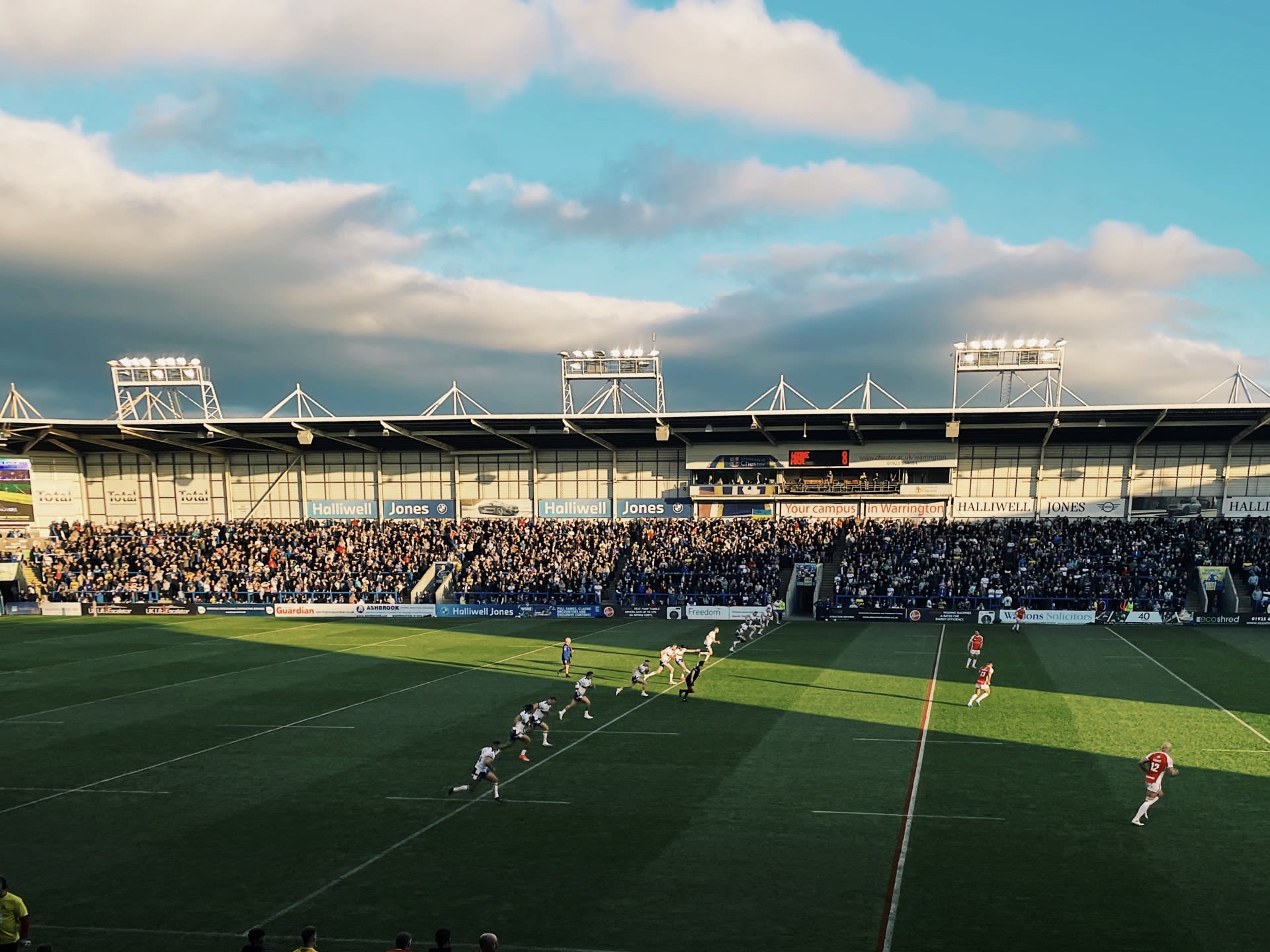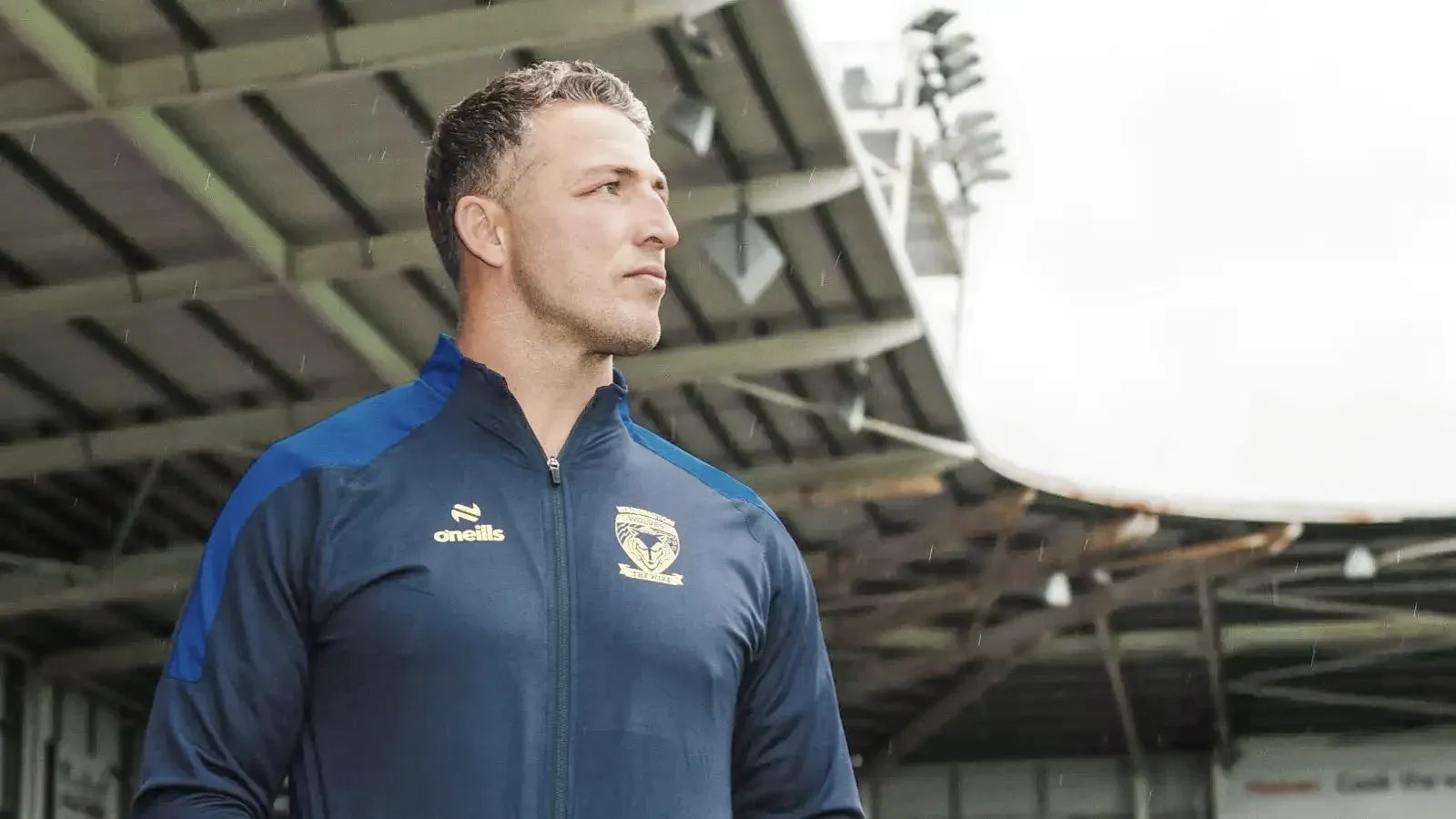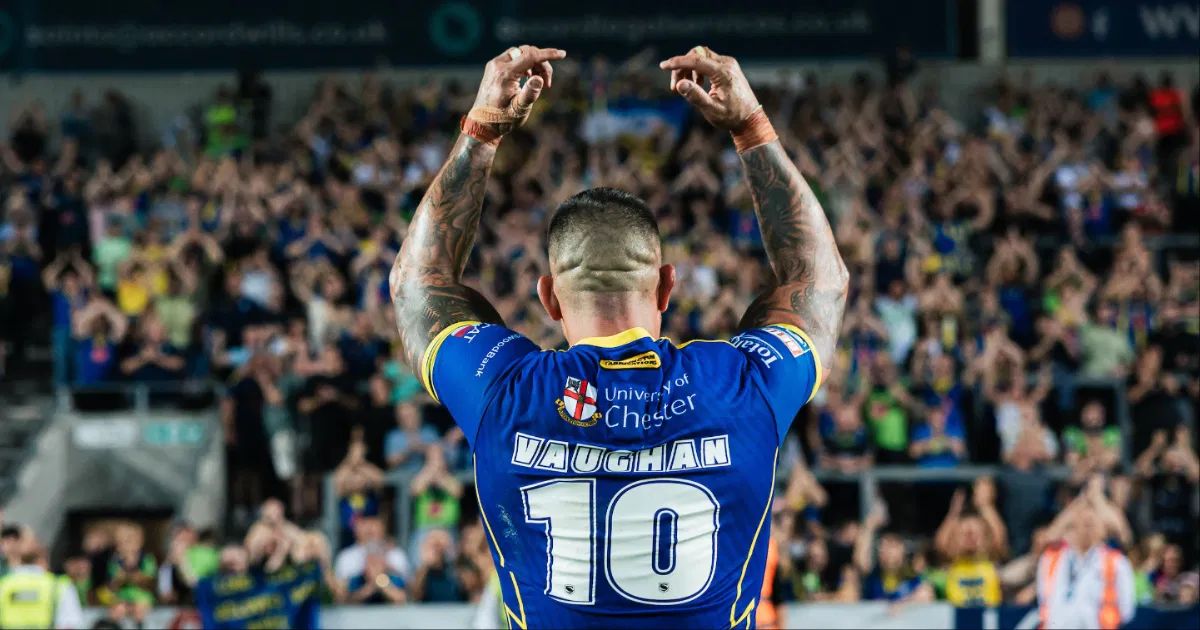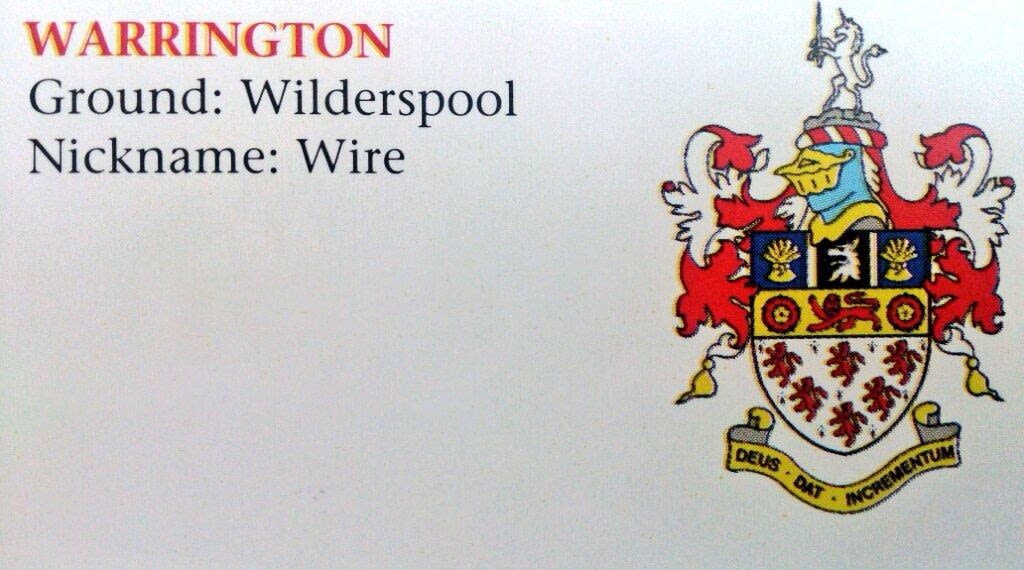Winning Nothing, Standing for Less
With its identity fading and leaders eyeing the exit, Warrington’s 150th year risks being a monument to drift.
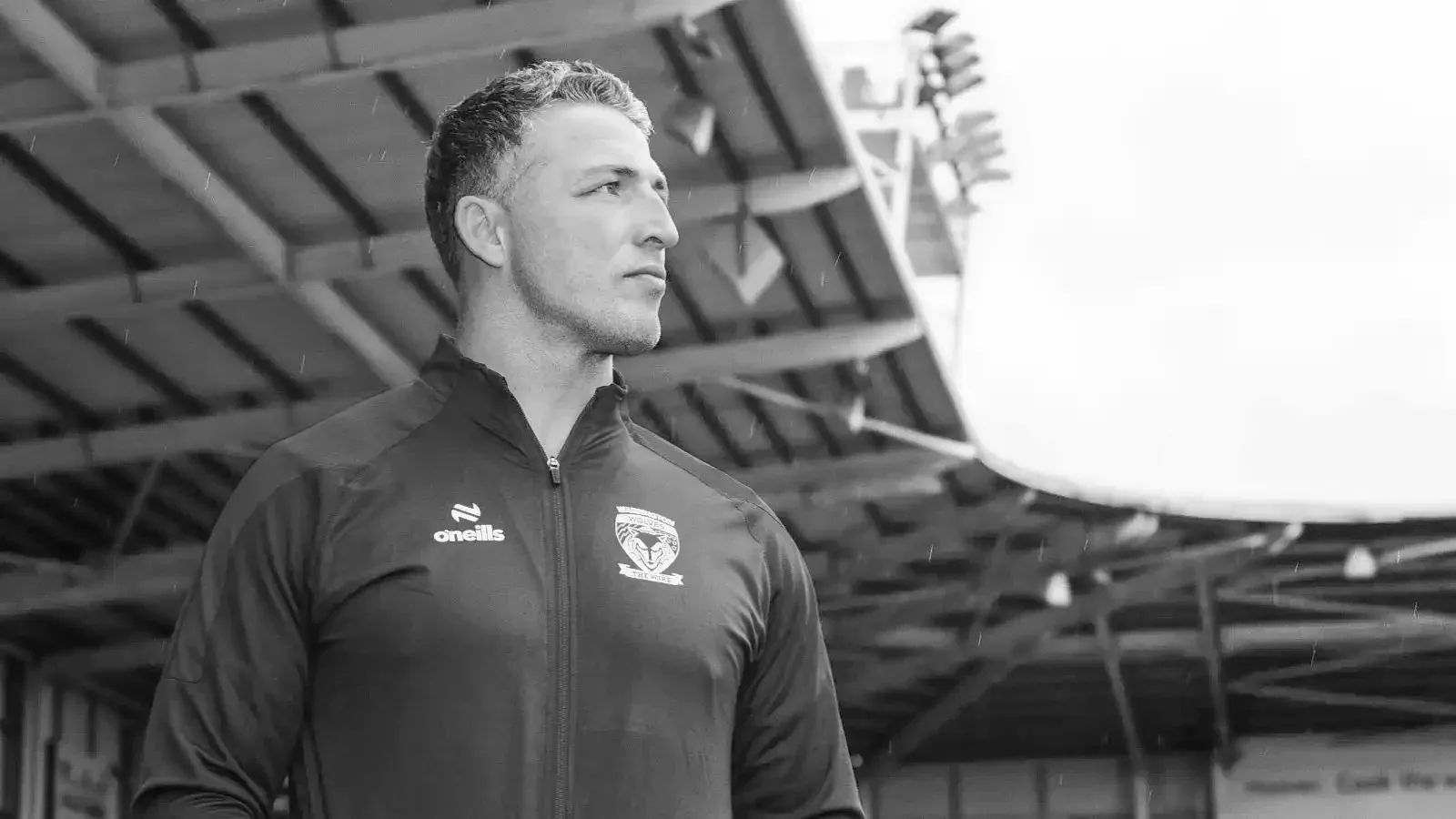

"Warrington isn’t just staring down another season of unmet expectations. It’s confronting the slow, public draining of its own ambition. Leaders don’t leave projects they believe in. They leave ones that feel hollow."
Matt Hennessey
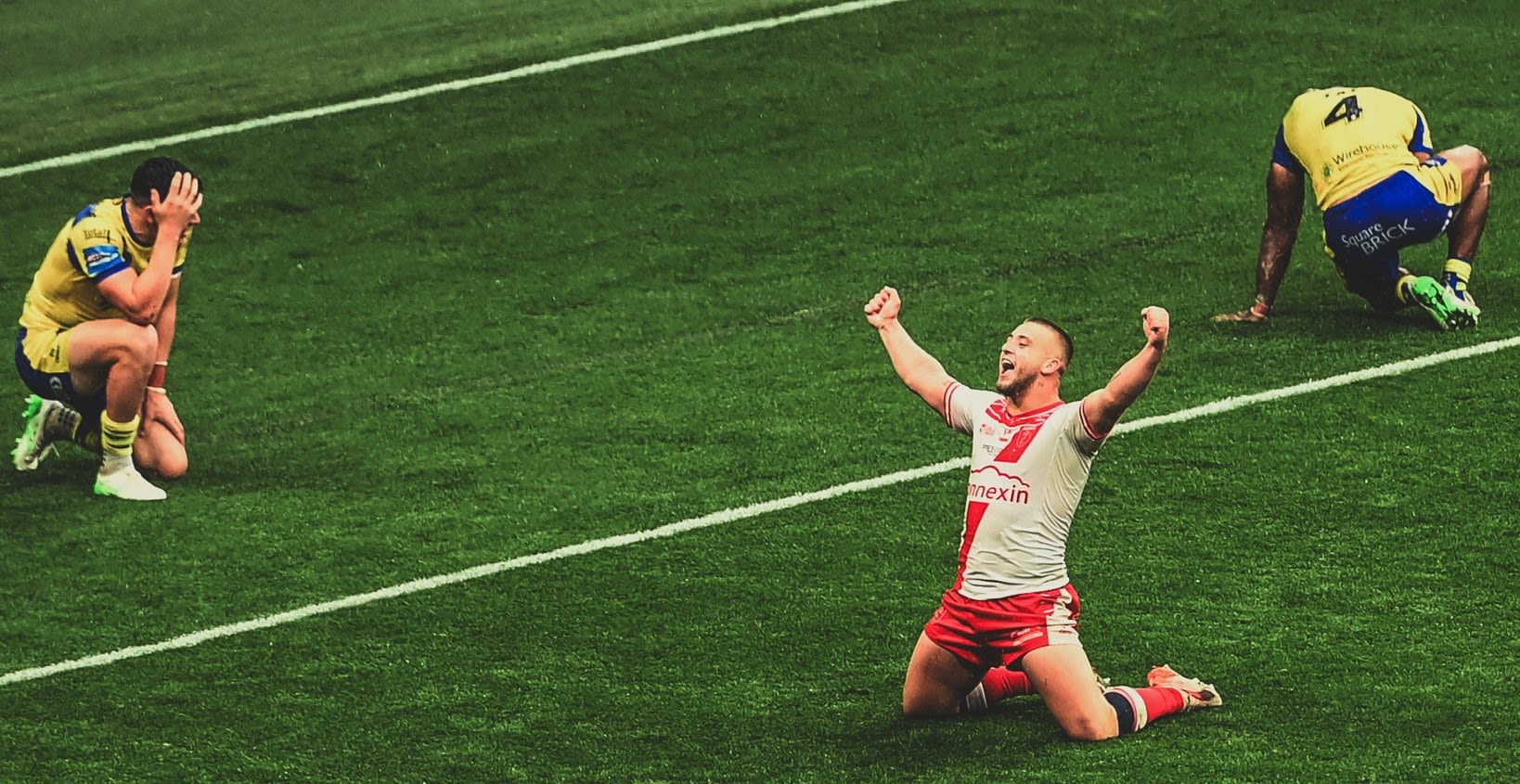

“You win… and nothing changes.”
Scottie Scheffler didn’t raise his voice. He didn’t need to. The world’s top golfer, at the peak of his profession, had just peeled back one of sport’s most persistent illusions — that victory is synonymous with meaning. Winning fades. The euphoria slips away. You start again, chasing something that never quite fills the void.
This wasn’t a cry for help. It was something subtler, more unsettling: the calm realisation that even success, when reduced to outcome alone, can feel like failure in disguise.
That same tension — between achievement and fulfilment — lingers far from the manicured greens of Portrush. It hangs over the terraces of Warrington, where a different sporting project has spent the better part of a century chasing the ghost of one elusive prize.
In a recent Q&A with the local paper, the Warrington Guardian, Warrington Wolves chairman Stuart Middleton summed up the club’s vision in a single, unblinking sentence:
“We’re a club trying to win the Grand Final. Of that, there’s no doubt.”
It wasn’t said with bravado. It was presented as fact - a mission statement. And yet, for a club that hasn’t lifted the championship since 1955, the line lands less like a rallying cry and more like a resignation. What do you become when the sole measure of your identity is something you consistently fail to attain?
The Grand Final panacea is something Middleton has been stubbornly quoting for some time, as far back as 2019, yet has remained unrealised.
The answer, increasingly, is nothing. You become a sporting zombie - animated by the idea of success, hollowed out by its absence.
I’ve seen the opposite. From 2012 to 2017, I worked inside a Saracens organisation, which for all its later sins, built its golden era on a foundation that had little to do with silverware. Director of Rugby Brendon Venter and CEO Edward Griffiths pushed a different philosophy:
“Trophies are temporary. Memories are permanent.” ‘Making Memories’ became the internal mantra and every external press release had to have the ‘there’s something special happening at Saracens’ to underscore its revolutionary allure.
Saracens embedded cultural change, a strong set of values and an emphasis on happiness and making memories that shifted the focus from just winning, and in turn led to their most successful period in their history
You give the silver back in September. What endures is the connection, the camaraderie, the sense that you were part of something bigger than the scoreboard.
And for a while, it worked. Saracens didn’t just win. They won with a clarity of purpose that made the winning feel like a consequence, not a cause.
But it would be dishonest to stop the story there. That same club, in the next chapter of its life, undermined its credibility by breaching the salary cap — a betrayal not just of the rules, but of the very values it once espoused. The lesson cuts both ways: culture can elevate a team, but when integrity is sacrificed for outcomes, even the best-built foundations crumble. The making of memories means nothing if they come at the cost of trust. Like Saturn, the revolution devours its children.
Still, in that earlier Saracens era, the ethos mattered. It filled the space between results. It taught players — and staff — that their worth wasn’t defined by medals, but by meaning.
Back in Warrington, meaning is the missing currency. You hear Middleton’s words and wonder what happens to the Wire — and their supporters — in a season where no trophy arrives. Which looks pretty likely again in 2025. What sustains them? What defines them?
It’s not a reverence for heritage. This is, after all, a club that has edged away from Brian Bevan — the greatest try-scorer the game has known — until his statue feels more like an unwanted relic than a living legacy.
Nor is it a commitment to culture or belonging. The Wolves’ leadership hasn’t just let their heritage fade — they’ve failed to build anything meaningful in its place. The club’s vision, if it can still be called that, has been crushed into a single, brittle ambition: that one October night at Old Trafford. Reduce your purpose to a result, and you strip the meaning from every moment in between.
Worse, instead of forging a living identity that connects past, present, and future, the leadership has drifted into a no-man ’s-land — chasing IMG scorecards on one side, clinging to a contrived sense of ‘Northern Cool’ on the other. The result isn’t evolution. It’s erosion. A club caught between borrowed ideas and abandoned roots, with nothing authentic holding it together. And in that vacuum of vision, the bonds that keep players, coaches, and supporters invested are quietly snapping.
The cost of that reduction is now painfully visible. With club captain George Williams and head coach Sam Burgess both openly exploring exits to Australia, and the cornerstone of its pack of forwards, Australian and State of Origin star Paul Vaughan even contemplating dropping a division to play for York rather than stick around at the Halliwell Jones Stadium.
Vaughan, one of Warrington's leading players and figures, is rumoured to be looking elsewhere as the latest Warrington project looks to have ended in failure once again.
Vaughan, one of Warrington's leading players and figures, is rumoured to be looking elsewhere as the latest Warrington project looks to have ended in failure once again.
Warrington isn’t just staring down another season of unmet expectations. It’s confronting the slow, public draining of its own ambition. Leaders don’t leave projects they believe in. They leave ones that feel hollow.
And here looms the real gut-check.
Next year marks Warrington’s 150th anniversary - a milestone that you’d hope they'd understand needs to be celebrated for its legacy, belonging, and purpose. Instead, it risks becoming a monument to drift. A sobering reminder that a club defined only by what it hasn’t yet won can lose far more than a final. It can lose itself.
Warrington haven’t failed because they haven’t won. Weirdly, they may even rally for the end of what has been a chastening season and threaten a late run at Old Trafford. But that misses the point. They’ve failed because they’ve made winning the only measure of their worth — and in doing so, turned a storied club into a waiting room for departures. One only has to look at its recruitment and churn record of recent years to understand that.
That’s the Scheffler lesson. That’s the Venter warning. That’s the cultural deficit staring Warrington in the face.
Because sport, when it’s done right, gives you more than victory. It gives you belonging. It gives you something to carry with you when the medals are gone — something that makes players want to stay, and leaders want to lead.
And unless Warrington rediscover that — unless they start making memories, not just chasing ghosts and trends - they’ll win nothing worth keeping. Even if the silver finally arrives.
